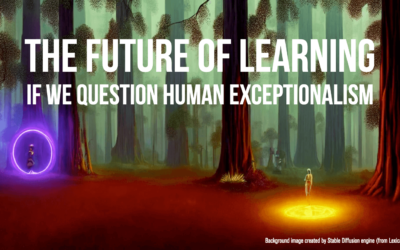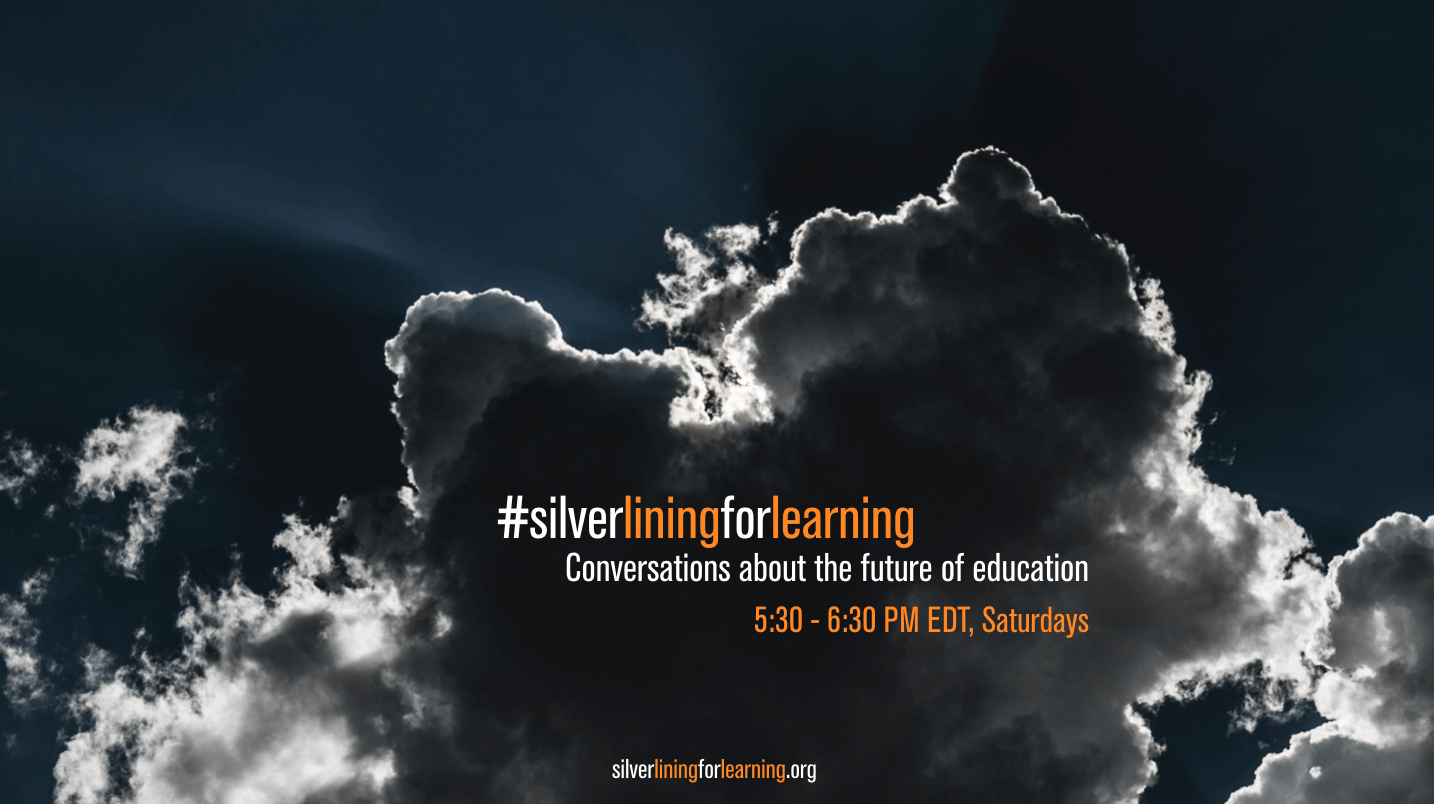My daughter on her blog has a new poem / haiku called Sweat, a haiku with one glich. She is in India right now where the temperatures are easily in the 90’s – which I guess explains the genesis of the poem. What was more interesting, to me however, was the manner in which she, quite instinctively, breaks up a word in the poem. Interestingly, she regards that as a “glich!” 🙂
Here is the poem.
SweatSticky, icky, ew!
I wipe it off, and it trick-
les, right back again!
“trick-”
“-les”
down the page. Reminds me of one of my favorite poets, e.e.cummings and how he plays with words. For instance here is a poem by him
l(a
le
af
fa
ll
s)
one
l
iness
It takes a bit of effort to read but it is worth it. With some thought you will see that in the parenthesis is the phrase “a leaf falls,” broken up so that it runs down the page, rather than across it. So instead of “a leaf falls” you read
(a
le
af
fa
ll
s)
Of course breaking it all up forces you (the reader) to read the lines in slow-motion, with pauses as it were. Also the shape of the letters comes through now as do the alliterative / symmetric “le” “ll” and “af” “fa” sounds. There is a visual and audio pattern here… a verbo-visual pun maybe. Sort of what Shreya did with the word “trickles.”
But there is more…
Outside the parenthesis is the word “loneliness” broken up so that you can see the words “one” sandwiched between two “L’s.” The “L” is written in lower-case, which again makes it look like the number “1” or capital “I.”
l
one
l
iness
So the repetition of the idea of “one” or “I” (once as “one” and twice as the number or the “I”) emphasizes the solitary nature of this experience. It could be 1 leaf falling, or one person watching one leaf fall… And all the pieces come together to set up a sad mood of one lonely person watching one leaf fall
How clever of mr. cummings. And how cool that Shreya, discovered something similar in breaking up “trickles” into two parts, showing how the sweat actually
“trick –
– les”
down.
To me it is an indication of her increasing comfort with language. It is only when we are comfortable with the rules that we start to break them, and it is there that true creativity and one’s one “writerly” voice emerges. So I would argue, despite Shreya’s thinking that it is a glitch, that it is not. It actually her noticing a pattern, imposed on her by the syllable count required by the Haiku structure itself, and then using that constraint for a creative purpose.
As for the mis-spelling of “glich” – I hope she doesn’t correct it. Because the poem now does have one glitch, the mis-spelling of the word “glitch.” How self-referential!!
All in all, what a wonderful way to begin a Sunday, reflecting on creativity and writing, inspired by a poem written by 11 year old Shreya. How very cool!!




Thanks Mike, I know your comment will make my daughter very happy! ~ punya
Very clever. Maybe I’m not the poet I should be, but I’d rate your daughter’s poem as slightly better than Cummings (who I really like). The reason I say that is I understood what your daughter was doing right away, but I needed your explaination to understand the Cummings poem. Which is maybe the point behind a leaf falling?